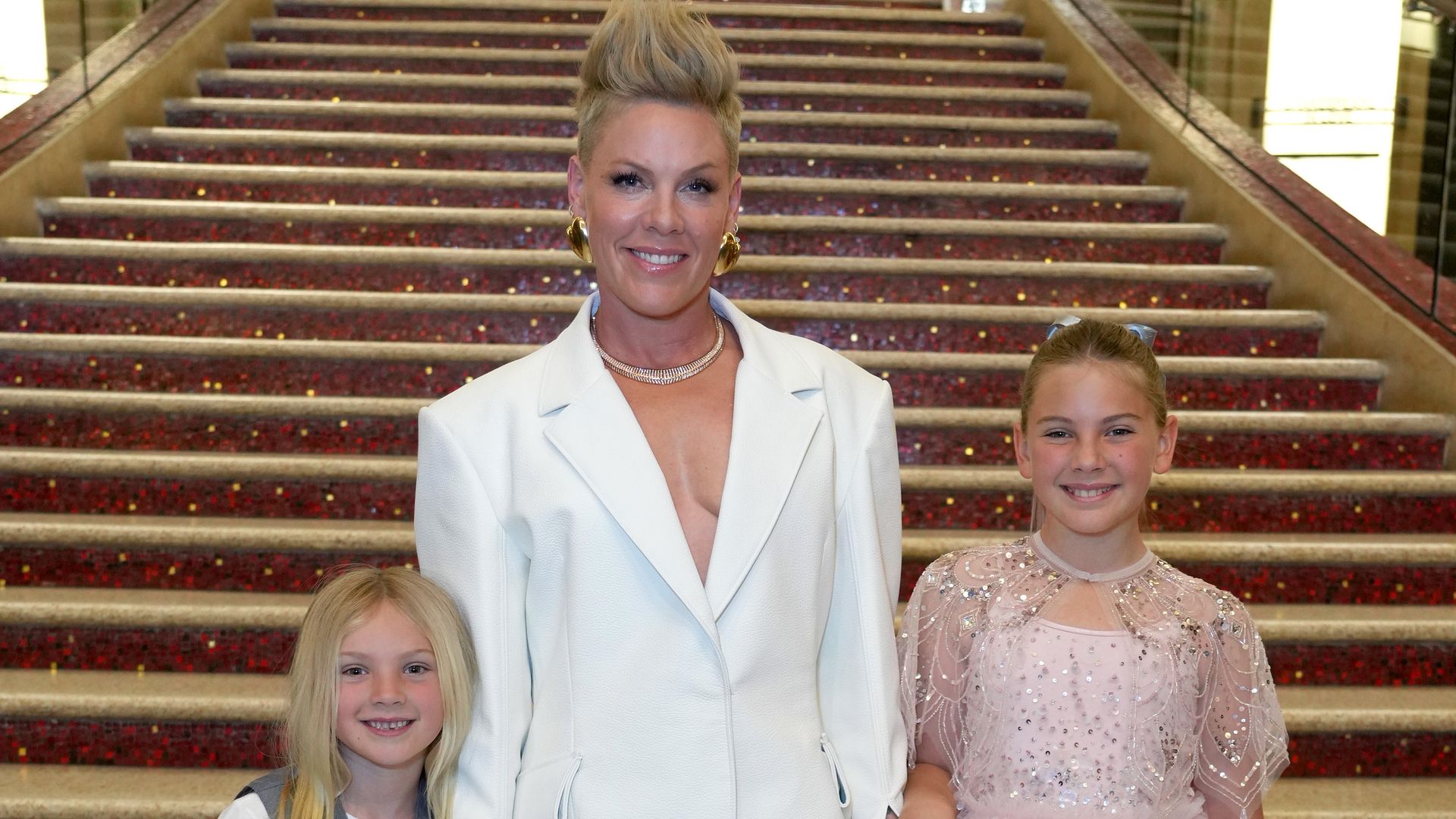A federal judge has ruled that a Massachusetts school was likely within its rights to discipline a student who used generative artificial intelligence to complete an assignment.
Jennifer and Dale Harris, the student’s parents, sued the town of Hingham’s school committee earlier this year, arguing that the high school’s policies prohibiting academic dishonesty did not explicitly say that students couldn’t use AI. They asked the federal district court to issue a preliminary injunction that would remove the detention their son received from his academic record and to raise his grade in the A.P. History class where he cheated from a C-plus to a B.
“There is nothing in the preliminary factual record to suggest that [Hingham High School] officials were hasty in concluding that [the Harris’s son] had cheated,” Judge Paul Levenson wrote in an order denying the family’s request for a preliminary injunction against the district. “Nor were the consequences Defendants imposed so heavy-handed as to exceed Defendants’ considerable discretion in such matters.”
Another student who partnered with the plaintiffs’ son on the project and was also disciplined for cheating did not sue the school district.
Levenson wrote that the evidence shows the students didn’t simply use AI to formulate research topics or identify potential sources. “Instead, it seems they indiscriminately copied and pasted text that had been generated by Grammarly.com.” The copied text included citations for non-existent books—which appears to be one of the things AI is best at generating—including a book supposedly written by the author Jane Doe.
In their lawsuit, the Harrises said that Hingham school officials pursued a “pervasive, destructive and merciless path of threats, intimidation and coercion to impact and derail [our son’s] future and his exemplary record.” The discipline he received harmed his chances of getting into elite colleges like Stanford University, they alleged.
But Levenson said “there is no dispute” that the school officials gave Harrises ample opportunity to express their opinions prior to the lawsuit and that the family hadn’t shown any misconduct by school authorities.
Rather than failing to make school policies on AI clear, Levenson wrote, the Hingham High School A.P. English Language teacher gave a lesson on academic integrity and expectations for the use of AI during the first week of a class that the Harris’s son was enrolled in. She also sent students a document that instructed them not to use AI without permission or to copy and paste blocks of text into assignments.
While their request for a preliminary injunction was denied and Levenson doesn’t appear particularly convinced by their arguments, the Harris’s lawsuit against the Hingham school committee remains alive.

)







)









 English (US) ·
English (US) ·